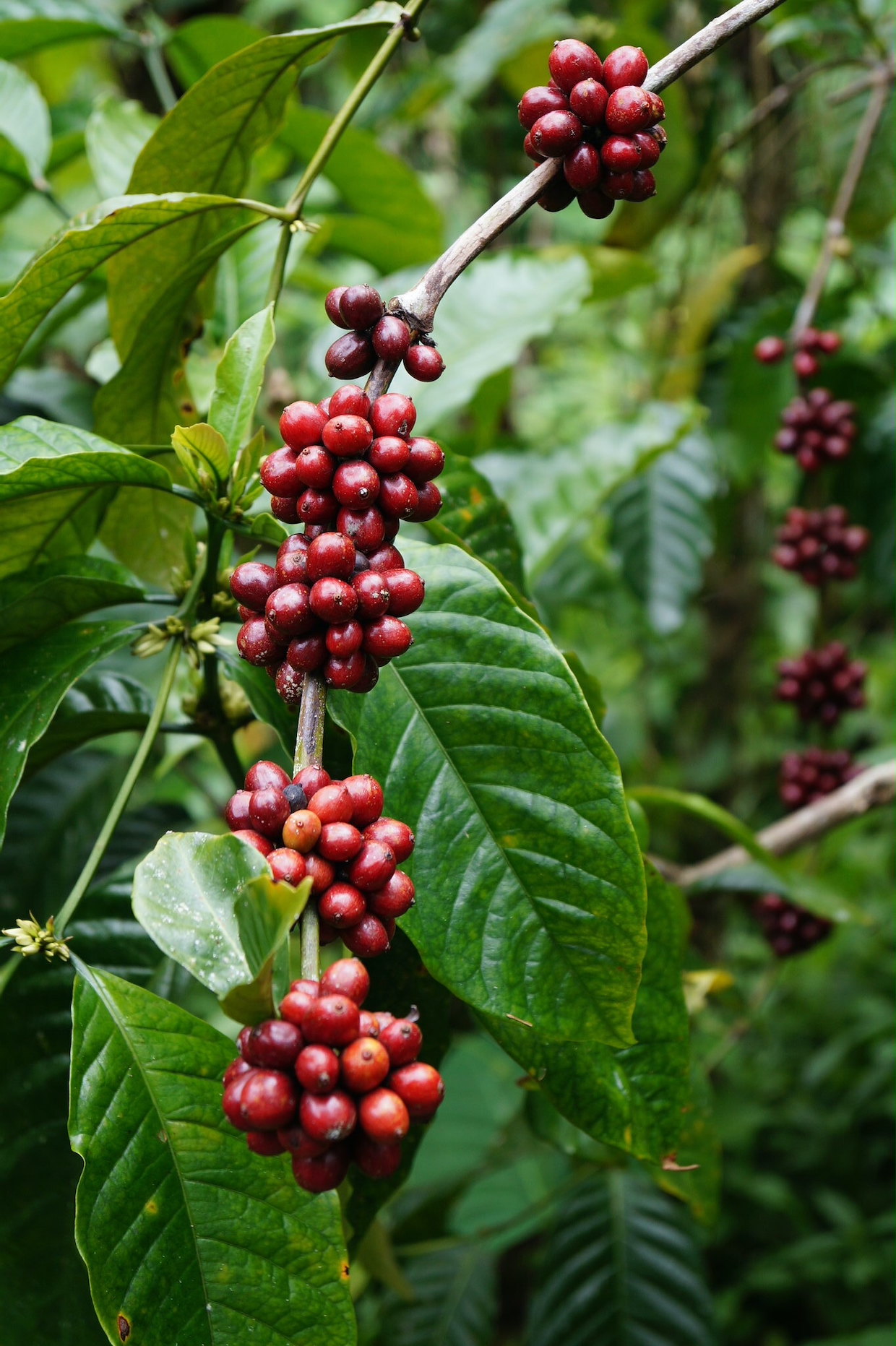
“Coffee cherries, Munduk, Bali, Indonesia” by Niek van Son is licensed under CC BY 2.0.
Coffee exports from Indonesia in the market year 2023/24 are expected to decline by nearly one third, largely due to weather-related supply shortages.
The most severe shortages are expected in robusta production, with heavy rainfalls disrupting the cherry development stage and lowering yields, according to the most recent USDA Foreign Agriculture Service (FAS) report.
[Note: This is part of a series of DCN stories exploring the FAS coffee annual reports. The U.S. information agency is currently scheduled to deliver 16 annual country-level reports on the coffee sector. Each of those reports come from different authors and field offices.]
The FAS office predicts total Indonesian Coffee production to reach 9.7 million 60-kilo bags in 2023/24, a decline of 18 percent from the previous year. Arabica production is expected to be down approximately 500,000 bags to 1.3 million, while robusta production is expected to decline some 20% to 8.4 million bags.
While Indonesia’s total coffee cropland is expected to experience a marginal increase of 3,000 hectares to 1.3 million hectares nationwide, a notable increase in farming activities is taking place in West Java. According to the report, arabica production is expanding in the region due to a government-led agroforestry initiative.
“In West Java, Arabica crops are likely to expand as state-owned companies controlling forest lands continue to provide expansion support under the government’s agroforestry initiative,” the report stated. “Under this initiative, growers are allowed to grow coffee crops on state-owned company-controlled lands so long as they keep existing trees on this land intact.”
The report predicts that domestic coffee consumption will experience a modest increase of approximately 20,000 bags to 4.79 million bags as the economy continues to recover from the COVID-19 pandemic.
Green bean imports for 2023/24 are projected to reach 1.44 million bags, up 7%, in part due to domestic green coffee supply shortages.
The United States remains the largest export market for Indonesian coffees, followed by Europe, India and the Middle East. Shipments to Japan dipped by 42% in 2022/23, partly as a result of some containers being rejected due to elevated levels of a residual chemical from pesticides, according to reports from Japanese authorities.
Does your coffee business have news to share? Let DCN’s editors know here.







Comment